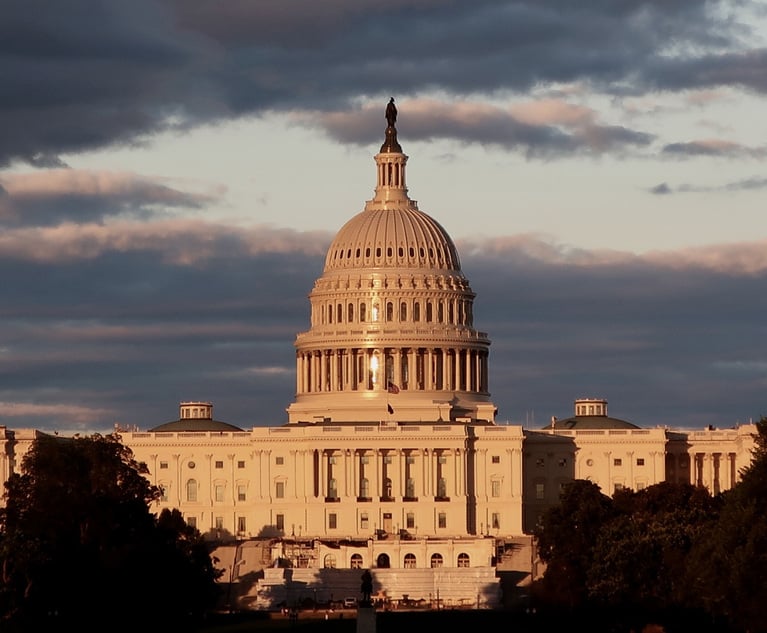As courts, the Securities and Exchange Commission and defendants wrangle with new limits on the SEC’s authority to seek disgorgement of ill-gotten gains, one question has dominated: How will courts determine which business expenses are legitimate and which are not? Answering that question will force defendants facing SEC enforcement actions to focus on demonstrating the legitimacy of expenses in developing their litigation strategies.
Over the past four years, Congress and the Supreme Court have reshaped the SEC’s authority to obtain disgorgement of ill-gotten gains. The Supreme Court’s 2017 decision in Kokesh v. SEC—which addressed the statute of limitations for the SEC’s ability to obtain disgorgement—left open the question of whether the SEC even had authority to seek disgorgement. The Supreme Court took up that issue when, in 2019, it granted review in Liu v. SEC. The Supreme Court’s decision in June 2020 ultimately upheld the SEC’s authority to obtain disgorgement but also narrowed the circumstances in which the SEC can seek it. And earlier this year in the National Defense Authorization Act, Congress passed legislation expressly reaffirming the SEC’s ability to obtain disgorgement.


 (lL-R) Jorge deNeve, Michael Simeone, and David Cohen of O’Melveny & Myers. Courtesy photos
(lL-R) Jorge deNeve, Michael Simeone, and David Cohen of O’Melveny & Myers. Courtesy photos




